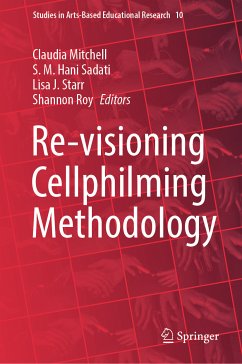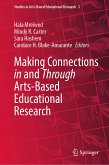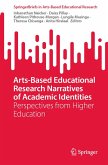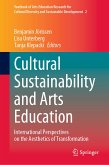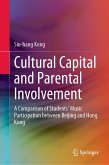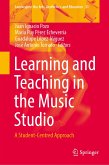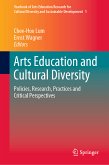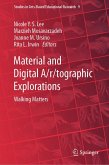Many of the chapters come out of an international virtual symposium hosted by McGill University in June 2022. It brings together authors working in a variety of interdisciplinary areas and settings including work with Indigenous groups in Canada, girls and women with disabilities in Vietnam, youth in conflict and refugee contexts in Mali, and Sexual and Reproductive Health Rights in Canada, Nigeria, South Africa, and India.
Some of the re-visioning addressed in the collection takes up place as we work in new contexts and situations as we are seeing with the idea of ethnographies at a and in relation to COVID-19. The genres, the place of reflexivity, and even the timing of participatory engagement might vary as a result of using virtual platforms necessitated by distancin. Other re-visioning takes place as a result of work with new communities, or new age populations and aspects of intersectionality, looking across work with very young children and older adults.
This book contributes to further decolonizing cellphilming methodology to support participatory work in new ways, and with underrepresented groups for whom finding new ways for engagement is key. A special feature of the book is its attention to work with International NGOs.
Chapter 'Cellphones beyond the workshop: Youth researchers owning gender transformative change through participatory visual research in rural India during COVID-19' is available open access under a Creative Commons Attribution 4.0 International License via link.springer.com.
Dieser Download kann aus rechtlichen Gründen nur mit Rechnungsadresse in A, B, BG, CY, CZ, D, DK, EW, E, FIN, F, GR, HR, H, IRL, I, LT, L, LR, M, NL, PL, P, R, S, SLO, SK ausgeliefert werden.

